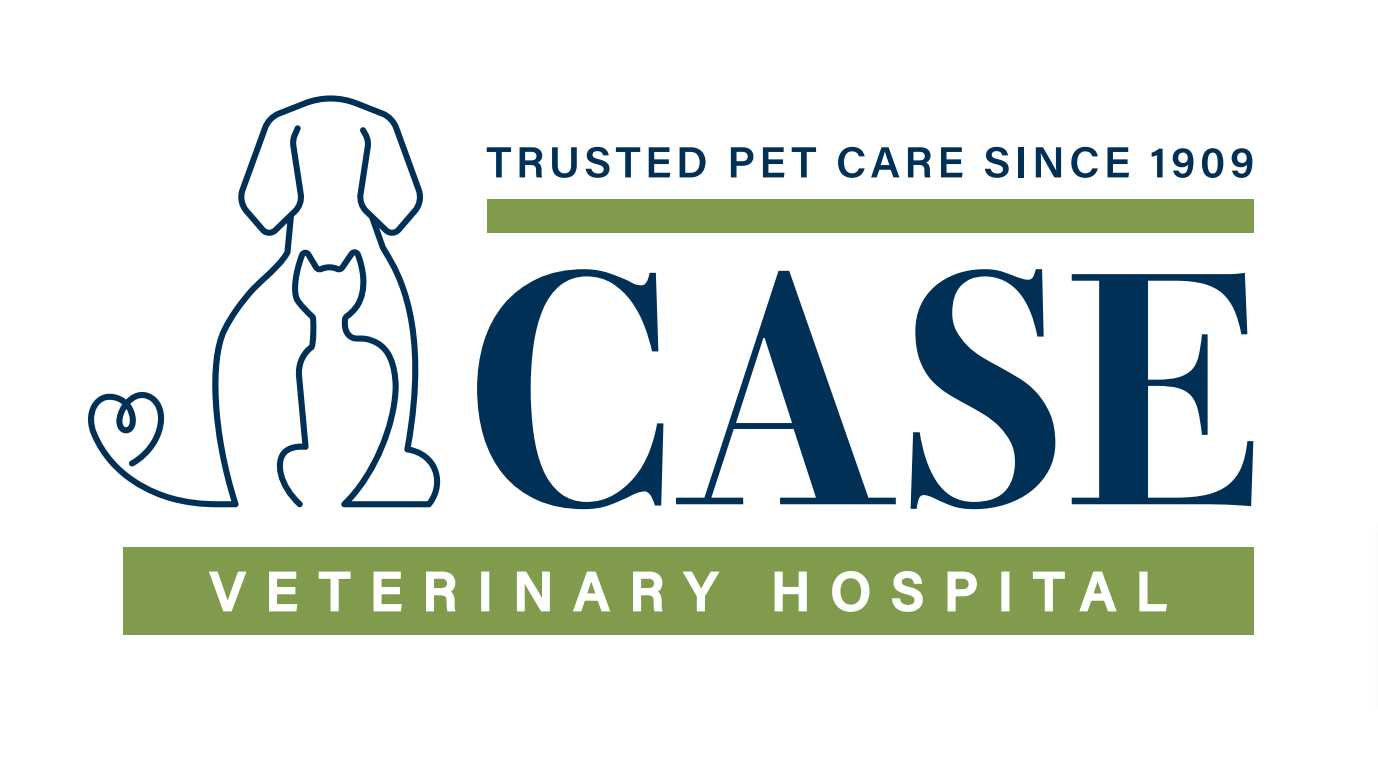Three Main Issues
Please note that when we address skin allergies in animals, we focus on three main issues:
- flea allergies
- food allergies
- environmental allergens
Many of our allergic animals are allergic to several different things, and therefore we use several different modes to treat the allergies.
Secondary Infections
Despite the cause of the allergy, it is common for the animal to get secondary skin and/or ear infections. If we cannot get the underlying cause of the allergy under control, we often cannot get the infections under control.
Fleas
If an animal is allergic to fleas it only takes one or two fleas to produce an allergic response. It is very common for owners not to observe fleas on their cats since cats are such fastidious groomers and often pick the flea off before the owner can see the flea. Please refer to our “Flea Control Recommendations” sheet for guidelines.
Food
Often when an animal exhibits signs of skin allergies, it is secondary to an allergy to something in their food, usually a protein. Therefore it is common for our veterinarians to recommend hypoallergenic diets. If this recommendation is made, it is important to remember that this diet is the only thing that should go into the pet’s mouth for at least eight weeks.
If you combine the recommended food with any other foods, it defeats the purpose of these elimination diets. Some of our commonly used hypoallergenic foods are listed below:
- Hills Prescription Diet Dermatology Diet (D/D)
- Hills Prescription Diet Z/D
- Hills Prescription Diet Z/D ultra
- Hills Science Diet Hypoallergenic treats
Most of these foods are available in the dry and canned version. Many clients prefer to get both so that they can hide medication in the canned (remember absolutely no other food, including treats to hide pills in!)
There are many over-the-counter diets labeled as being hypoallergenic, but they are not the same as a prescription quality hypoallergenic diet.
Environmental Allergens
Environmental allergens are a little more difficult to treat because we usually cannot eliminate environmental factors as easily as we can treat fleas or change the food. We typically start conservatively and treat symptomatically with antihistamines, medicated shampoos, and fatty acid supplements.
For some dogs, these treatments work very well, and for others, we have to be more aggressive with treatments. Your veterinarian may start off by recommending:
- 3V caps (fatty acid supplement)
- Benadryl
- Chlorpheniramine (ChlorTrimeton)
- Clemastine (Tavist)
- Relief shampoo
- Malasseb shampoo
- Douxo Calm system
- Douxo Chlorhexidine system
- Douxo Calming Gel Spray
Additional Recommendations
Please note that sometimes the above recommendations are not enough for every animal with environmental allergies, and we sometimes have to make additional recommendations. Many animals with allergies do great on steroids, but due to the harmful long-term effects of steroids, we try to avoid them as much as possible. In some circumstances, we recommend allergy testing and/or specialized anti-itch medications like Apoquel, Cytopoint, or Atopica. Your veterinarian will discuss these more aggressive options with you if they are necessary.
Contact Us
We realize that allergies are a very frustrating problem for you and your pet. It is a very common problem, and the best way for your veterinarian to determine the best combination of treatments to help your pet is to follow the above recommendations. Please contact us with any questions!
